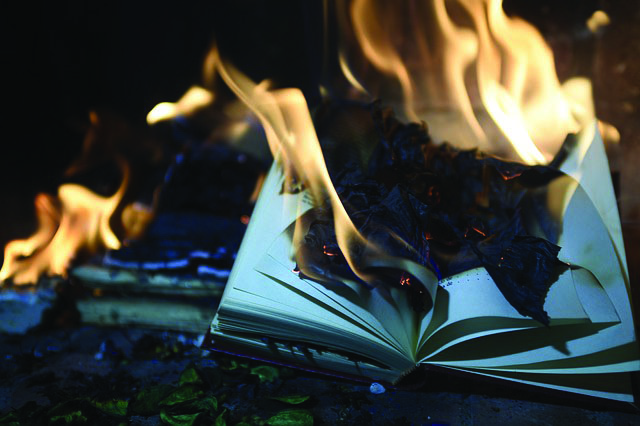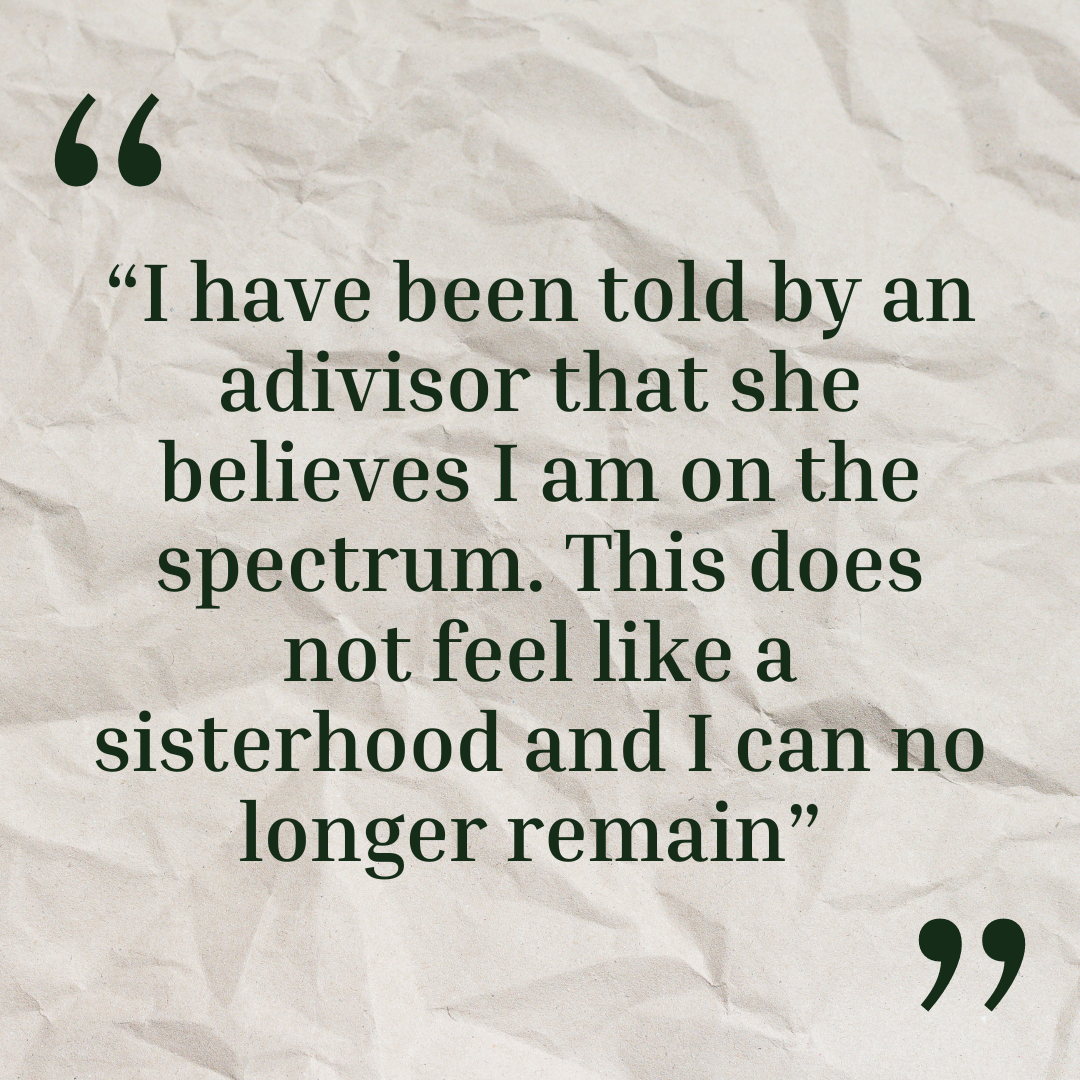An Age Old Tale of Censorship
Rachel Hammond, Staff Writer
The Statesboro campus recently had an incident involving the burning of a book by Jennine Capó Crucet. The book, “Make Your Home Among Strangers,” follows a Latina who gets into an ivy-league school, and tells of her struggles in a mainly white society.
The controversy was sparked during Crucet’s Q&A when a student said to Crucet, “I noticed that you made a lot of generalizations about the majority of white people being privileged.” The student went on to question Crucet’s qualifications and her overall purpose for coming to the campus.
Following Crucet’s talk, several students gathered on campus to burn their copies of the book.
Book burnings are not a new concept. In his 2015 article in the Daily Beast, “Bonfires of Insanity: A History of Book Burnings From Nazis to ISIS,” Robert Corn-Revere says that this form of protest has been in existence since the Qin dynasty.
In 213 BCE, Chinese Emperor Qin Shi Huang ordered that history and philosophy books that went against his own beliefs be burned.
“In the 20th Century, book burning is most closely associated with Nazi Germany, and for good reason–the Nazis wanted to be known for it,” Corn-Revere states.
In 1933, Nazi youth burned over 20,000 books in a bonfire in Berlin. The books that were burned included themes that went against Nazi ideology.
“They’re just being too rash about it and not looking at it from another person’s perspective.” –Makayla Brown, Dual-enrollment student
More recently, according to “’I see parchment burning, but the letters are soaring free’” by Jeff Jacoby from the Boston Daily Globe, ISIS used book-burning as a form of censorship in 2015. The terrorist group broke into the Central Library of Mosul, Iraq and destroyed thousands of philosophy, science and story books. A member of ISIS was reported saying, “These books promote infidelity and call for disobeying Allah. So they will be burned.”
Several students weighed in with their opinions on the book burning incident on the Statesboro campus.
“When people act harshly like that, I just don’t think they’re acting as they should. They’re just being too rash about it and not looking at it from another person’s perspective; they’re only thinking about themselves. And I really think people need to just step back, count to 10, and just look at the other side instead of acting so harshly,” said Makayla Brown, a dual-enrollment student.
The student body of Armstrong was asked to weigh in with their point of view on the book burning incident at Statesboro. Here are their responses.
“I think it’s stupid that they did it. I think there are other ways to practice what we believe instead of setting someone’s book on fire and following them to their hotel. I mean, I think they had every right to do what they did but I don’t think it was okay,” said Jordan Whitaker, a junior in elementary education.
Previous news reports stated that students followed Crucet to her hotel, but these claims have since been proven false.
“I believe white privilege is a topic that needs to be talked about. A lot of people don’t really notice some of the things that they’re able to do. And it’s not to make anybody feel bad, but it’s just something real that needs to be talked about.” –Justin Crosby, senior elementary education major
“I think for anyone if your only way of arguing is shutting the other person out then you’ve already failed your point,” said Johnathan, a junior in IT Services. Johnathan preferred not to give his last name.
“I understand that it’s their freedom of speech, so they have the right to feel that way, but I think there’s a more respectful way to go about showing your disagreement with the topic,” said Justin Cosby, a senior elementary education major.
“I believe white privilege is a topic that needs to be talked about. A lot of people don’t really notice some of the things that they’re able to do. And it’s not to make anybody feel bad, but it’s just something real that needs to be talked about,” said Cosby.
“I feel like there’s a lot of overreaction [to the book burning]. I feel as though they were well within their rights to have burnt the book, based on the first amendment. I do believe that they should not have mobbed their hotel. I don’t know exactly what she said but I’m sure that if it was bad enough to have burnt a book, I fully support that,” said an anonymous student.















